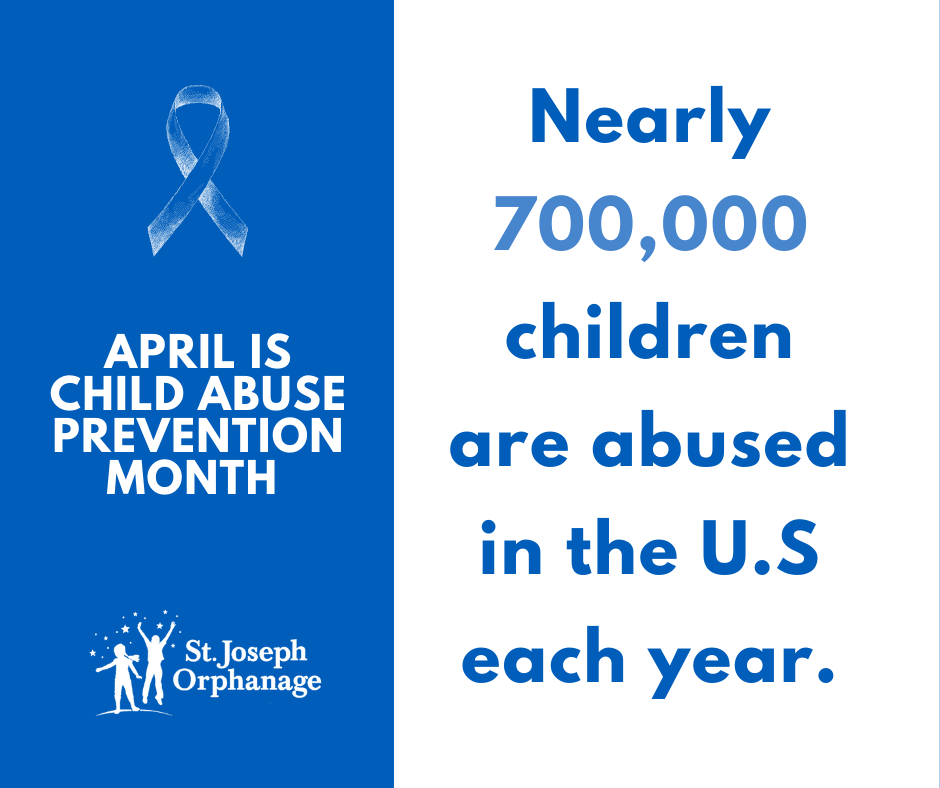Reporting Child Abuse
April 12, 2021
You can help stop child maltreatment. Report the abuse if you suspect or know that a child is being abused or neglected. If you or someone else is in immediate and serious danger, you should call 911.
You may be wondering who can report child abuse and neglect, what information is included in a report, or what happens after a report is made. Below, find answers to your questions, in addition to national and local resources that are available to provide assistance and information about reporting suspected maltreatment.
How do I report suspected child abuse or neglect?
State Child Abuse and Neglect Reporting NumbersFirstly, contact your local child protective services office or law enforcement agency.
Childhelp National Child Abuse Hotline (opens in new window)
(opens in new window)
Secondly, call or text 1.800.4.A.CHILD (1.800.422.4453). Professional crisis counselors are available 24 hours a day, 7 days a week, in over 170 languages. All calls are confidential. Additionally, the hotline offers crisis intervention, information, and referrals to thousands of emergency, social service, and support resources.
National Center for Missing and Exploited Children’s Cyber Tipline (opens in new window)
(opens in new window)
Use this link to report online sexual exploitation of a child, for example if you suspect that a child has been inappropriately contacted online. Information will be made available to law enforcement in order to conduct an investigation.
Child Welfare Information Gateway is not a hotline for reporting suspected child abuse or neglect, and it is not equipped to accept reports or intervene in personal situations of this nature.
Who can report child abuse or neglect?
Anyone can report suspected child abuse or neglect. Reporting abuse or neglect can protect a child and get help for a family. Above all, reporting can save a life.
Mandatory Reporters of Child Abuse and Neglect
All U.S. States and territories have laws that require persons to report suspected child abuse or neglect. Mandatory reporters may include social workers, teachers and other school personnel, child care providers, physicians and other health-care workers, mental health professionals, and law enforcement officers. Some States require any person who suspects child abuse or neglect to report.
What do I report when I suspect child abuse or neglect?
Provide a complete, honest account of what you observed that led you to suspect the occurrence of child abuse or neglect. Any reasonable suspicion is sufficient.
What Is Child Abuse and Neglect? Recognizing the Signs and Symptoms
This factsheet provides information on the legal definitions, different types, and signs and symptoms of abuse and neglect.
What will happen after I make a report of child abuse or neglect?
All reporting is sent to child protective services (CPS). CPS receives the report and then sends a worker to review the information and determine if an investigation is necessary. The CPS worker may talk with the family, the child, or others to help determine what is making the child unsafe. The CPS worker can help parents or other caregivers get services, education, or other assistance.
Where can I find additional resources?
Child Welfare Information Gateway offers resources about child abuse and neglect.
Preventing Child Abuse and Neglect
Presents information about promoting well-being, creating supportive communities, prevention programs, and above all evidence-based practice with the purpose of reducing the risk of maltreatment.
Child Abuse and Neglect
Offers resources on child abuse and neglect, including definitions, identification of signs and symptoms, statistics and data, risk factors, perpetrators, the impact on individuals and society, and child fatalities.
Responding to Child Abuse and Neglect
Additionally, features resources on reporting suspected child abuse and neglect; intake, investigation, and assessment of reports; addressing trauma; and collaborative responses.
Finding Help With a Personal Situation
Links to additional resources and organizations that can assist in specific issues individuals may be facing.
How To Help Someone Who Is Being Abused or Neglected
Provides children and youth with information about what child abuse and neglect is and what to do if they are concerned about the safety and well-being of another child.
Credit:https://www.childwelfare.gov/topics/responding/reporting/how/

